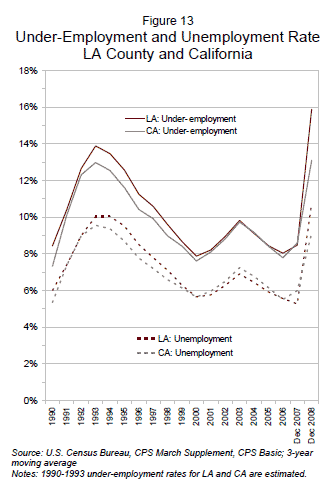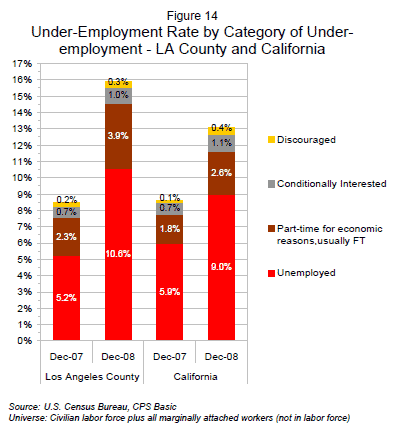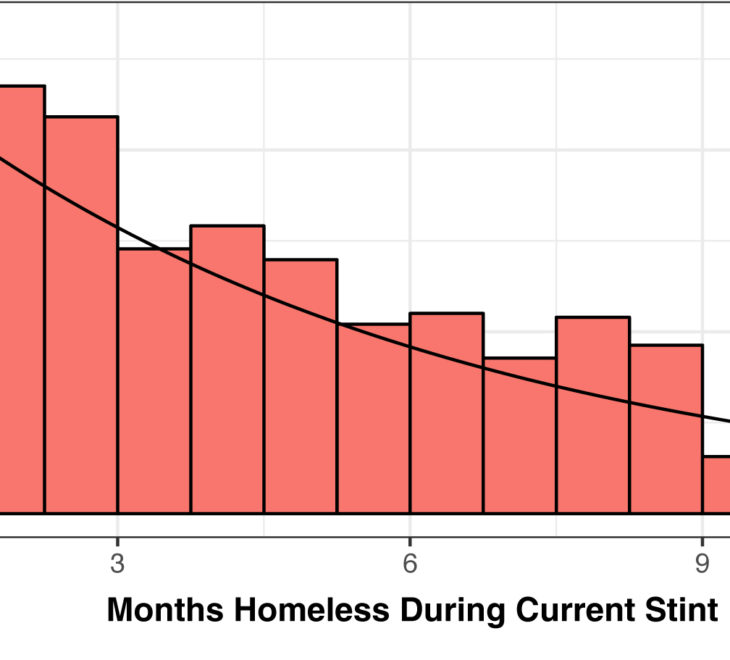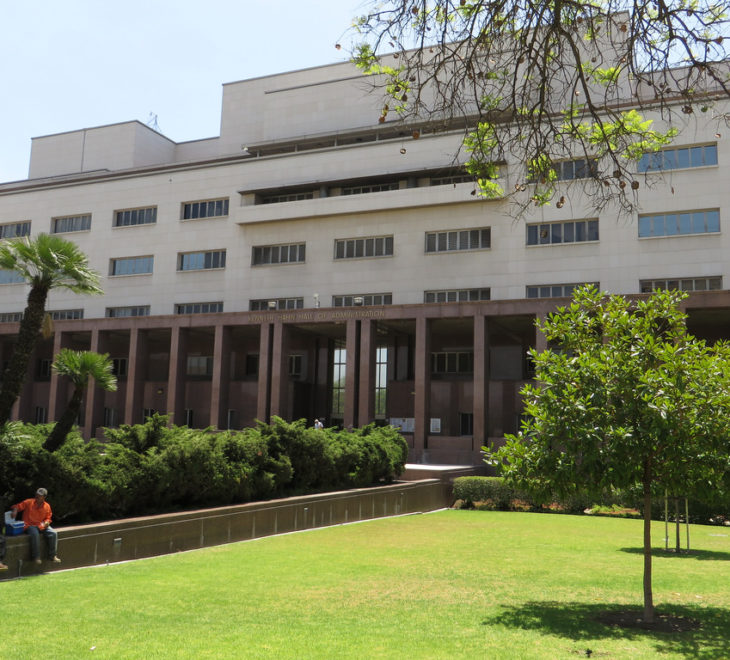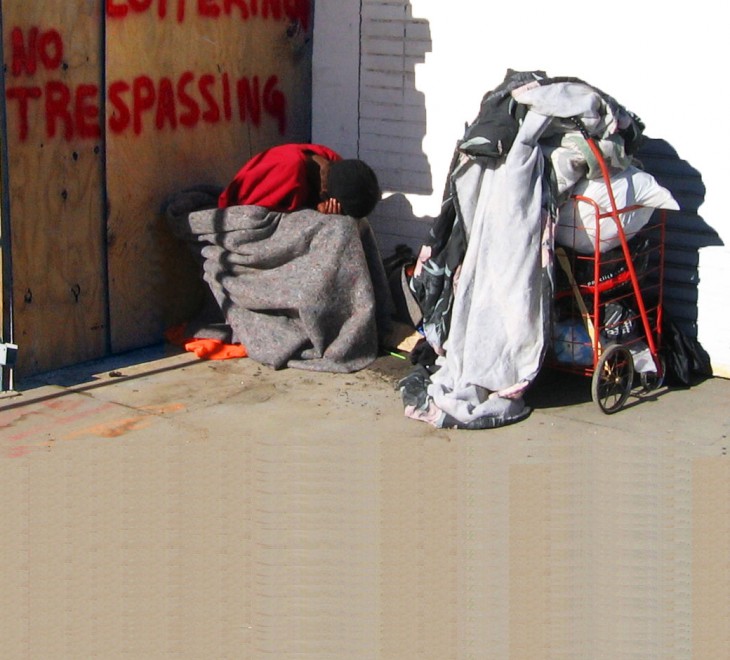The most concrete characteristic of a recession is that demand disappears for some of the commodities produced by workers and unwanted unemployment is imposed on a large segment of the labor force. With growing job losses in the current recession it is important to know, whose boat falls when the economic tide recedes?
Benchmarks of dislocation from past economic declines are instructive of what lies ahead. The link between loss of jobs and diminished well-being is powerful and clearly demonstrable. When households lose their incomes, a predictable range of vulnerabilities to economic, housing, family and health emergencies are created.
Communities that have come of age are able to make decisions that shape their future and safeguard their well-being. One critical measure of California and Los Angeles’ standing in 2009, the second year of an increasingly severe recession, is their capability to take actions that preserve the foundations of shared well being.
This report maps impacts to the self-sufficiency, health and well-being of residents that flow from unemployment and loss of income. Types of impacts that are explored include:
- Labor market and industry change
- Income and spending
- Housing
- Poverty, welfare and human services
- Health and well being
- Public revenue
Where supported by statistical tests and outcomes over the past year, the likely impacts of the recession over the next five years are estimated by scaling projected job loss and linked social dislocations in the current recession against job losses in past recessions and the accompanying social dislocations experienced in those recessions.
California has immense human and financial resources. It is the largest state, with an economy larger than all but a few nations. If these resources are used wisely, irreversible long-term damage to the well being of California residents will be prevented and the state will continue to grow and thrive after the recession ends.
Los Angeles was the epicenter of an extremely severe recession in the 1990s. It went through that recession with no strategy and little public leadership, and still has not recovered from the economic losses it inflicted. In this recession, Los Angeles and California are challenged to sensibly assess priorities and use resources strategically to prevent irreversible long-term damage to the well-being of California residents.


